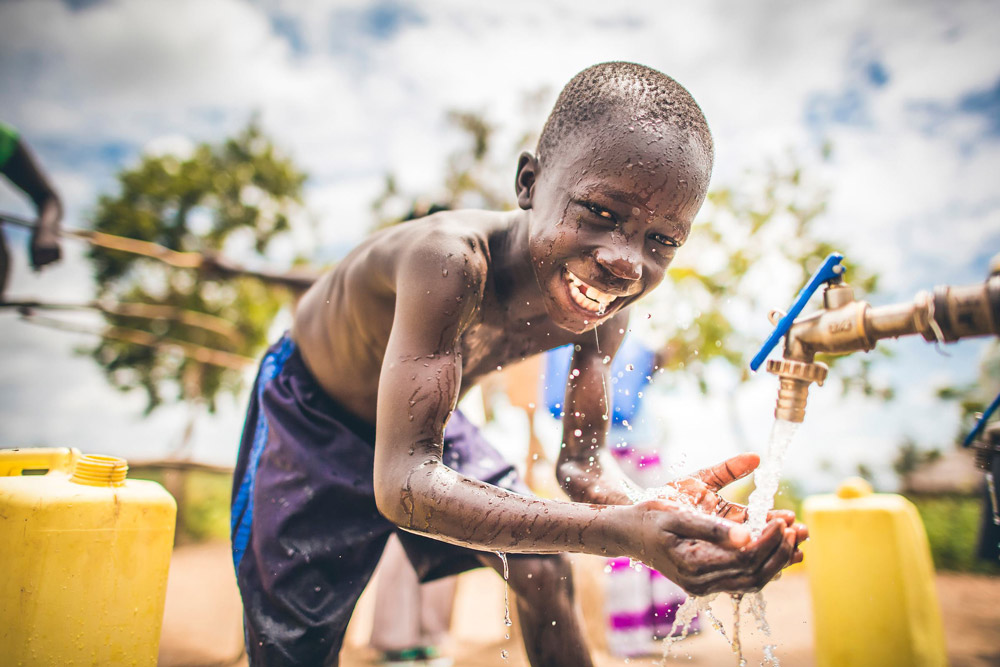
How often do you use water? What challenges would you face without it? Realizing how often you drink water, turn on the sink, run the shower, or flush the toilet will help you understand why access to safe water is a human right.
The Universal Declaration of Human Rights (UDHR), adopted by the United Nations in 1948, proclaims the inherent rights of all human beings. While it does not explicitly mention water, the right to an adequate standard of living (Article 25) encompasses access to safe drinking water. In 2010, the UN General Assembly recognized the human right to water and sanitation, affirming that clean drinking water is an essential human right.
Why Safe Water is Essential for Thriving Communities
Access to safe water is not just a matter of survival—it is the foundation for healthy, educated, and economically strong communities.
- Health: Contaminated water spreads diseases such as diarrhea, cholera, and typhoid. According to the World Health Organization, inadequate water, sanitation, and hygiene services were linked to 1.4 million deaths in 2019, making it one of the biggest threats to global public health.
- Dignity and Gender Equality: Safe water access allows individuals to maintain personal hygiene, supports menstrual health, and prevents women and girls from walking long distances to fetch water—giving them the time and safety they need to focus on their futures.
- Education: Without access to clean water, children—especially girls—miss school due to waterborne illnesses or the need to collect water for their families. Safe water access helps ensure consistent school attendance, setting up future generations for success.
- Economic Opportunity: When families don’t have to spend hours each day searching for water, they can focus on work, entrepreneurship, and community growth. Reliable water services also strengthen local economies, allowing farmers, businesses, and industries to thrive.
How Global Water Center is Advancing Water Rights
At Global Water Center (GWC), we believe everyone deserves access to safe water. Without sustainable water systems, this goal remains out of reach. That’s why we focus on capacity development, technical assistance, and collaboration—ensuring communities have the skills, technology, and systems needed for long-term success.
- Training and Equipping Water Leaders
We offer world-class training and certification programs to equip local water professionals with the skills needed to operate and maintain safe water systems. This ensures water access is sustainable rather than a short-term fix.
- Providing Technical Assistance
Through our technical assistance programs, we work directly with governments, nonprofits, and businesses to strengthen rural water services. By sharing expertise and best practices, we help build resilient water systems that can withstand environmental and financial challenges.
- Fostering Collaboration in the Rural Water Sector
No one can solve the global water crisis alone. That’s why GWC serves as a hub for collaboration, bringing together funders, governments, nonprofits, and technical experts to scale proven solutions.
Conclusion
Recognizing access to safe water as a human right is an important step in ensuring life, health, and dignity for all. Global Water Center is working to make this right a reality worldwide—not just by providing water, but by building the skills, systems, and partnerships needed for lasting impact and transformed communities.
To learn more about our work, visit www.globalwatercenter.org.

Dear Responsable,
How are you !
Thé organization: Support Program for the Fight against Poverty for the Emergence and Restoration of Sustainable Development (PALPER ONG), is a non-profit association working in the Democratic Republic of Congo (DRC), Province of North Kivu, it is recognized by Congolese law and endowed with legal personality N ° JUST. / SG / 20/1170/2018, Provincial Operating Authorization: N° 01/254/CAB/GP-NK/2023 DU 20 SEP 2023 Certificate of Justice Registration N °: JUST./112 / 420 / NK / 2019, Certificate of Social Affairs Registration N °: 08 / DIVAS / NK / AS / 082/2019, Registration Certificate Plan N °: 699 / DPP / NK / 2019, Notarial Statutes, Regulations internal order, The organization account is : 00017-28002-35095460001-22 , Our activities are implemented through the following business sectors: EDUCATION, HEALTH, AGRICULTURE, WASH, PROTECTION, NFI, ENVERONMENT, MICROFINANCE,RESEARCH, In the but increase further the living conditions of the population in difficult situation and disasters, we come to your benevolence and international solidarity, to request a partnership with your organization so that together we can reduce the vulnerability of the population in the Democratic Republic of Congo, Province of North Kivu, according to the areas of intervention. Our Facebook page is Palper Asbl or https://www.palper.org
PALPER ONG
Charman Boarder of Director
MARTIN